The Flight Propulsion Laboratory deals with fundamental and current issues of aircraft engines, their maintenance and integration into aircraft. In addition to drives for civil and military aircraft, the laboratory also works on drives for helicopters and model aircraft.
Goals and idea
- Training of students in the field of aircraft engines, maintenance and repair of aircraft
- Training in inspection and repair procedures for engines and aircraft structures
- Training of students in the design and operation of engine systems, auxiliary power units, engine cowlings and the integration of the engines into the aircraft structure
- Certification and qualification tests for aircraft components.
Equipment and activities
Equipment and function
Extract from the existing laboratory equipment:
- Model gas turbine test rig: The model gas turbine test rig offers the possibility to demonstrate the functionality of a simple turbojet engine. The mode of operation of compressor, combustion chamber and turbine can be displayed and measured. Thrust, power and consumption of the engine can be measured. The test stand was built up in several study projects and is continuously extended with measurement technology.
- Turbine module of a helicopter engine (RR250): The turbine module is disassembled and reassembled by students in the course of practical training in order to convey basic working methods in engine maintenance. All necessary special tools were procured and disassembly and assembly instructions were created with the help of students.
- Tools for aerostructure connections: The tools are used to teach students the basic processes involved in the structural components commonly used in aviation in practice. The factors influencing the quality of the connection are discussed. Different methods and types of solid, blind and fitted rivets for both metallic and composite structures are covered.
- Bombarding system for ice and stone chipping: With the help of a compressed air operated bombarding system, ice balls and small stones can be shot at high speed at structural components. The reaction of the components to the impact and the extent of damage can be determined as a function of the impact energy.
- Ultrasonic testing method
- Eddy current testing method:The eddy current testing method is used to test metallic and other conductive aerospace structural parts for damage.
- Borescope: The borescope is used to inspect internal structures.
- Climatic chamber: The climatic chamber is used to test and qualify system components such as sensors and actuators mounted in and on the engine with regard to their functional performance under the ambient conditions prevailing in the mounting situation. The tests are performed according to recognized specifications.
- Quadcopter: The quadcopter is used to demonstrate the engine, its control and integration into an aircraft.
Extract from the existing software (for teaching and research purposes):
- ANSYS: FEM program for linear and non-linear structural mechanics (static and dynamic) and temperature field calculations
- HyperWorks(ALTAIR): FEM program for linear and nonlinear structural mechanics (static and dynamic), temperature field calculations, crash simulation, optimization and MBS simulation
- LS-DYNA: Crash Simulation
- NASTRAN: FEM program for structural mechanics
- CATIA: CAD
- Diadem: Measurement data evaluation
- Matlab: Simulation and measurement data evaluation
- Model Flight Simulation Software
- Gasturb: Simulation of engine performance parameters
Courses
Practical trainings accompanying the lectures:
- Engine maintenance and service life
- Maintenance
- Repair
- Approval
- JAA and FAA regulations
- Drives
Other activities:
- Study projects
- Theses (Bachelor & Master)
- Industrial Projects
- Special events: e.g. university information days
Research
- Further development of the model gas turbine test rig
- Autonomous detection of wild animals in overgrown fields by Mulitcopter
- Ice and rockfall on aircraft structures (experiment and simulation)
- FOD processes on aircraft structures
- Robust and maintenance-friendly engine system components (design and qualification)
Laboratory management and team
Programme director and Academic advisor Aerospace Engineering (Bachelor)
Prof. Dr.-Ing. Armin Soika
Phone: +49 841 9348-4700
Room: A228
E-Mail: Armin.Soika@thi.de
Prof. Dr.-Ing. Armin Soika
Phone: +49 841 9348-4700
Room: A228
E-Mail: Armin.Soika@thi.de


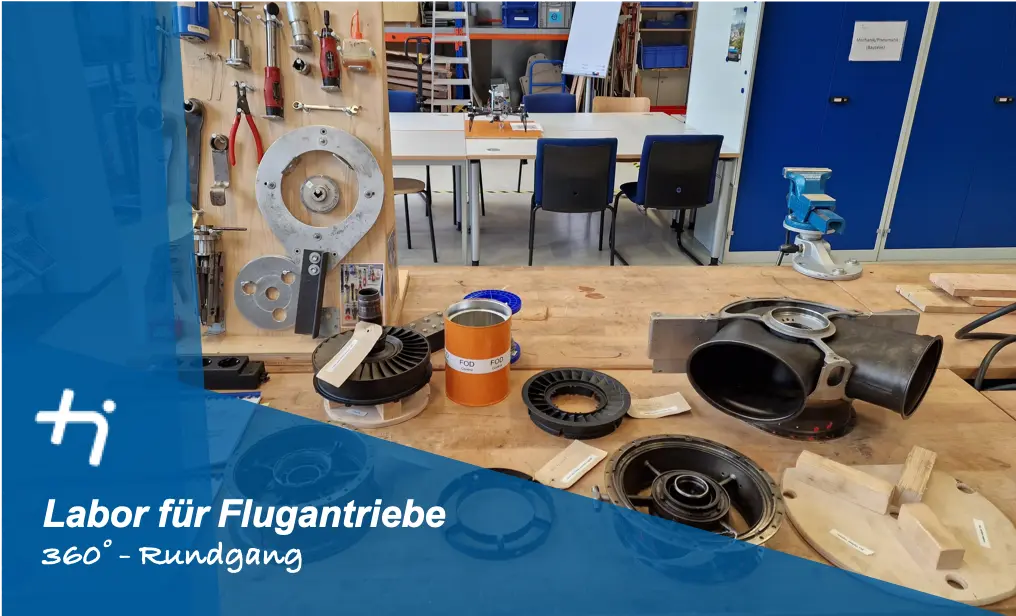
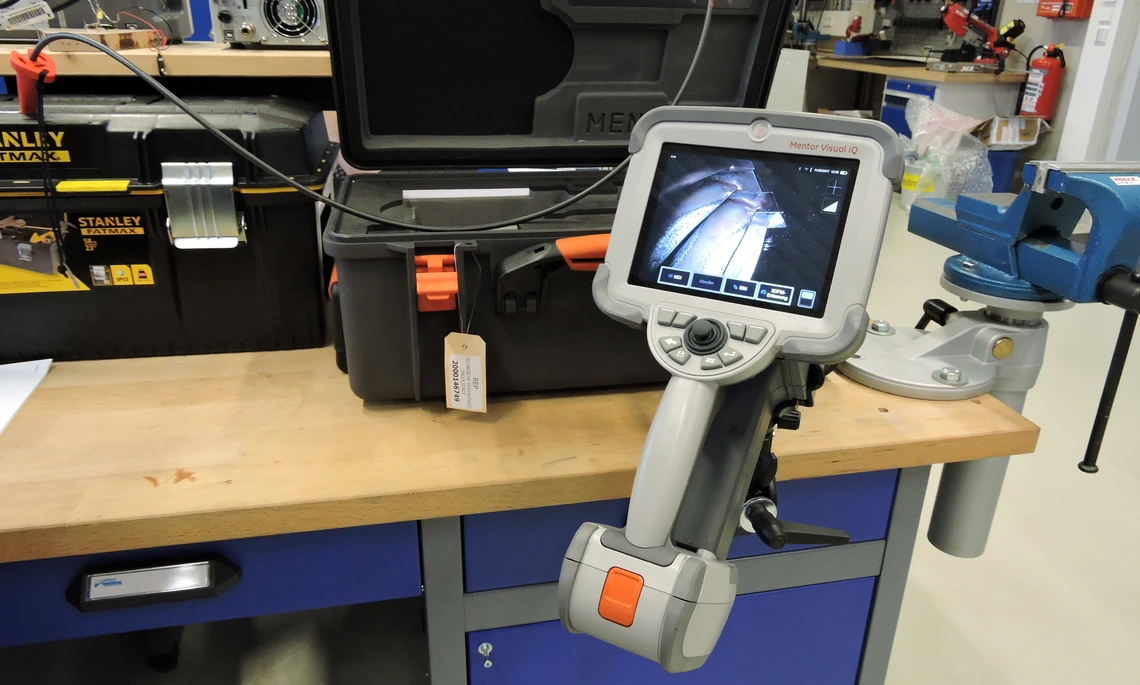
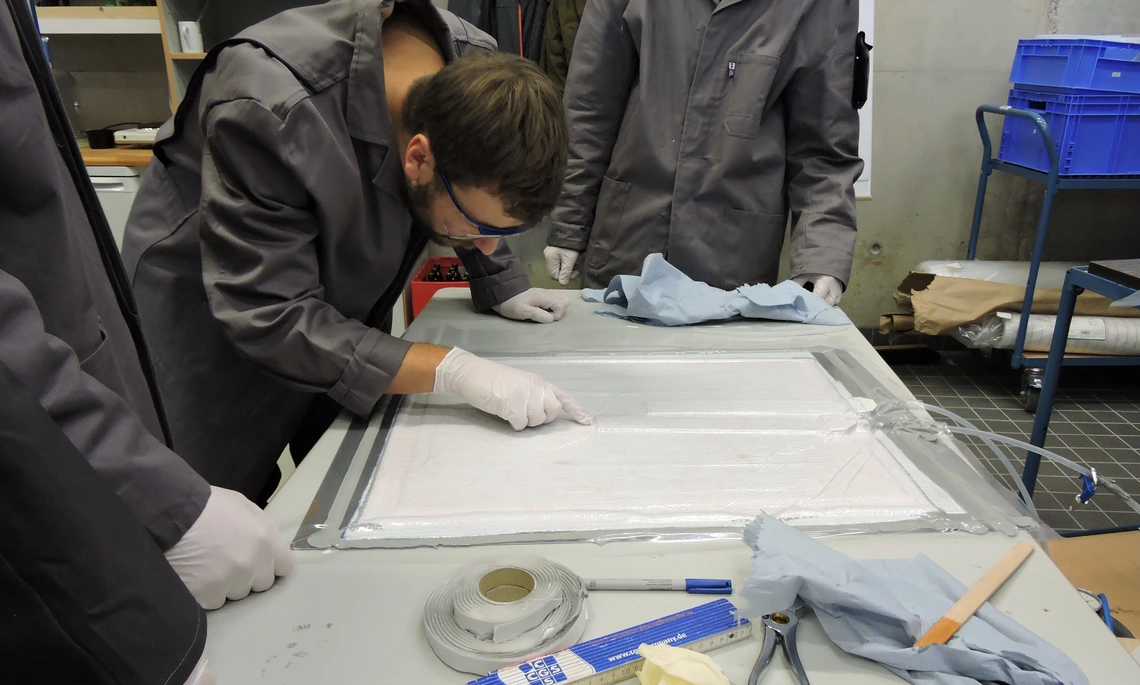
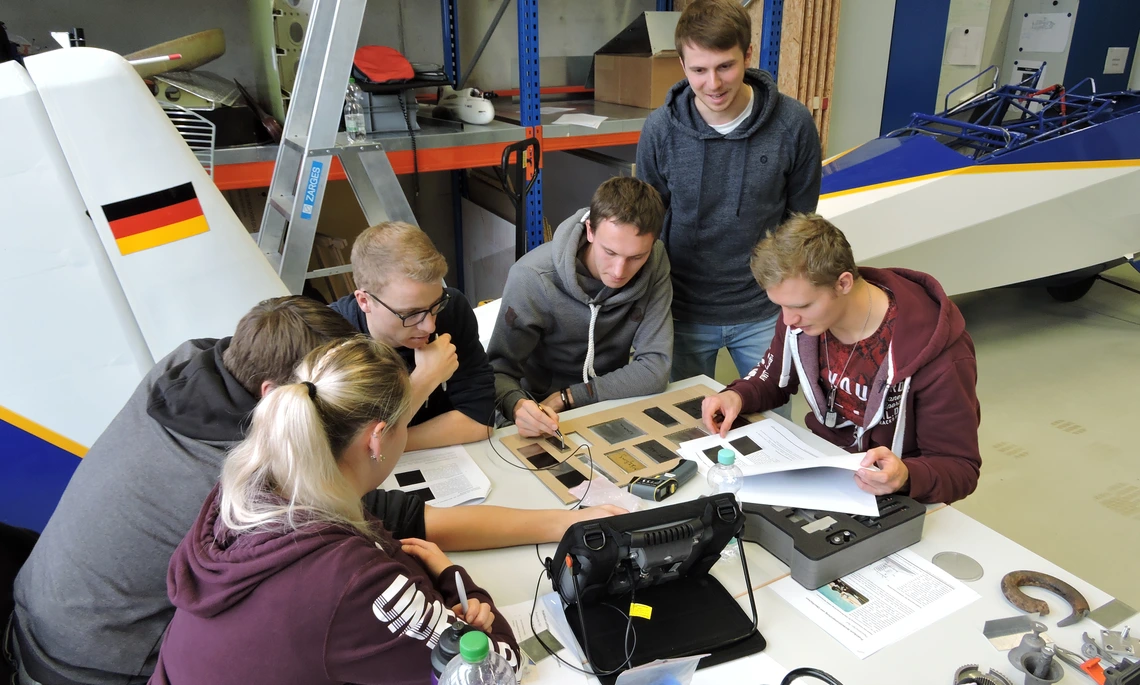
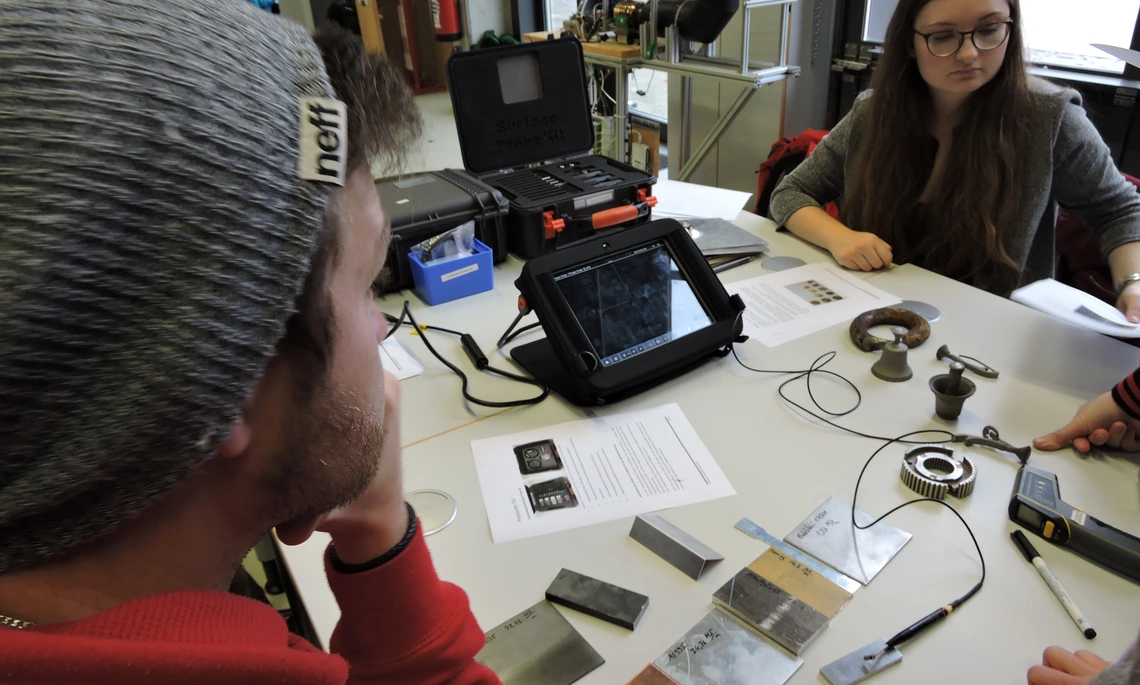
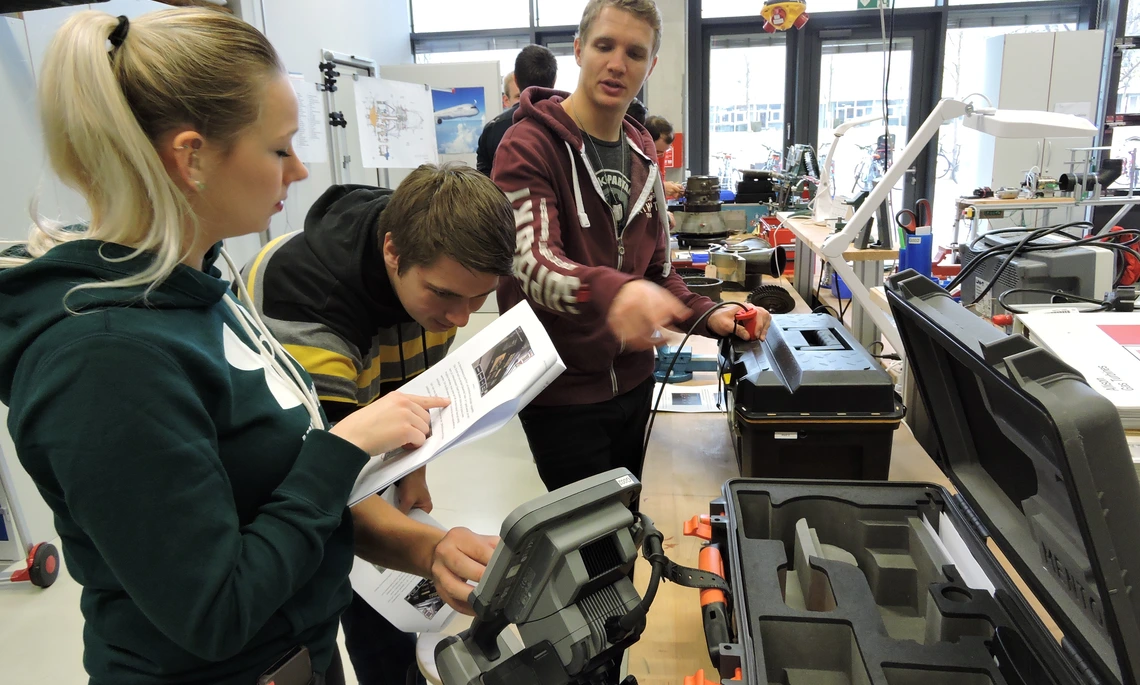
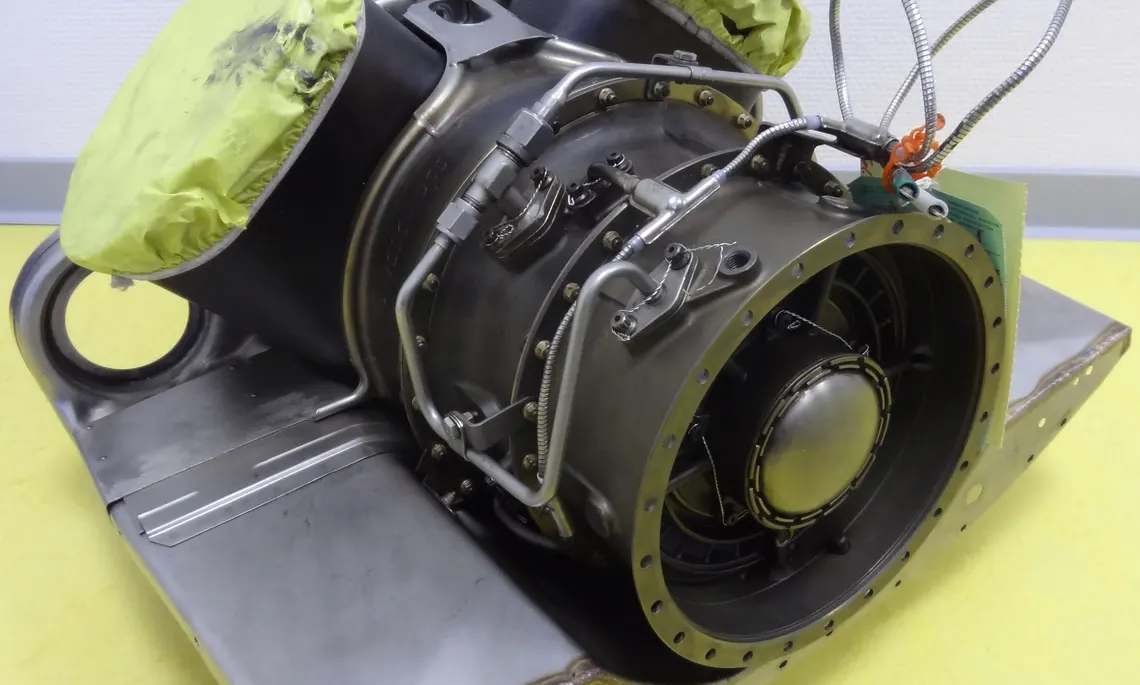
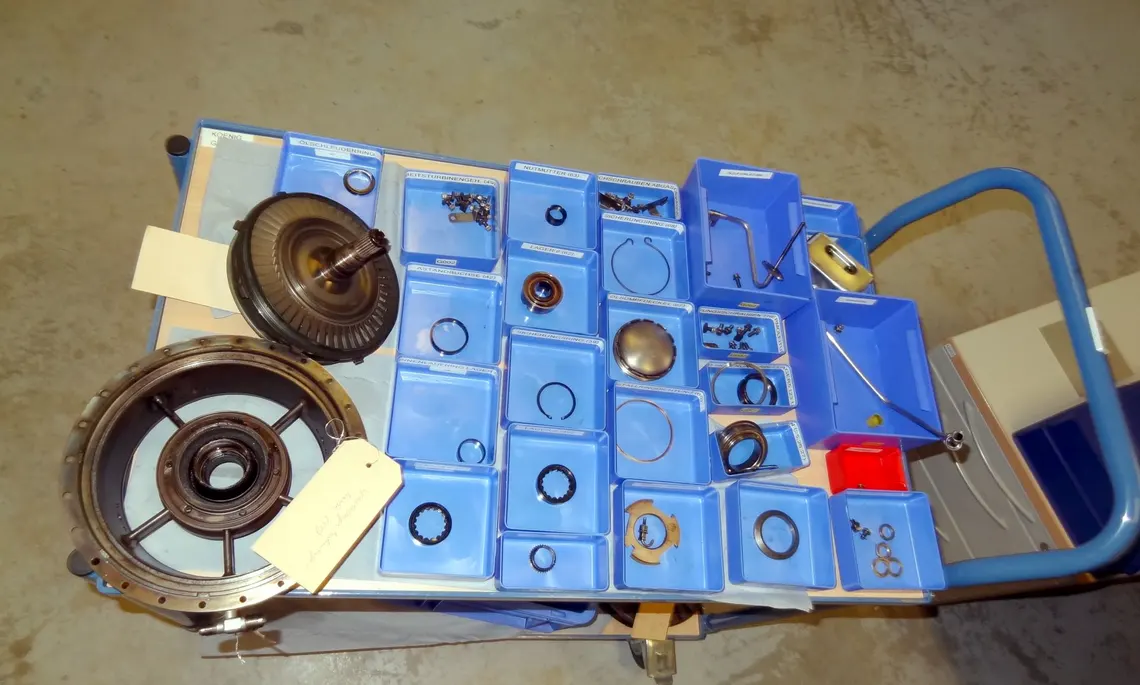
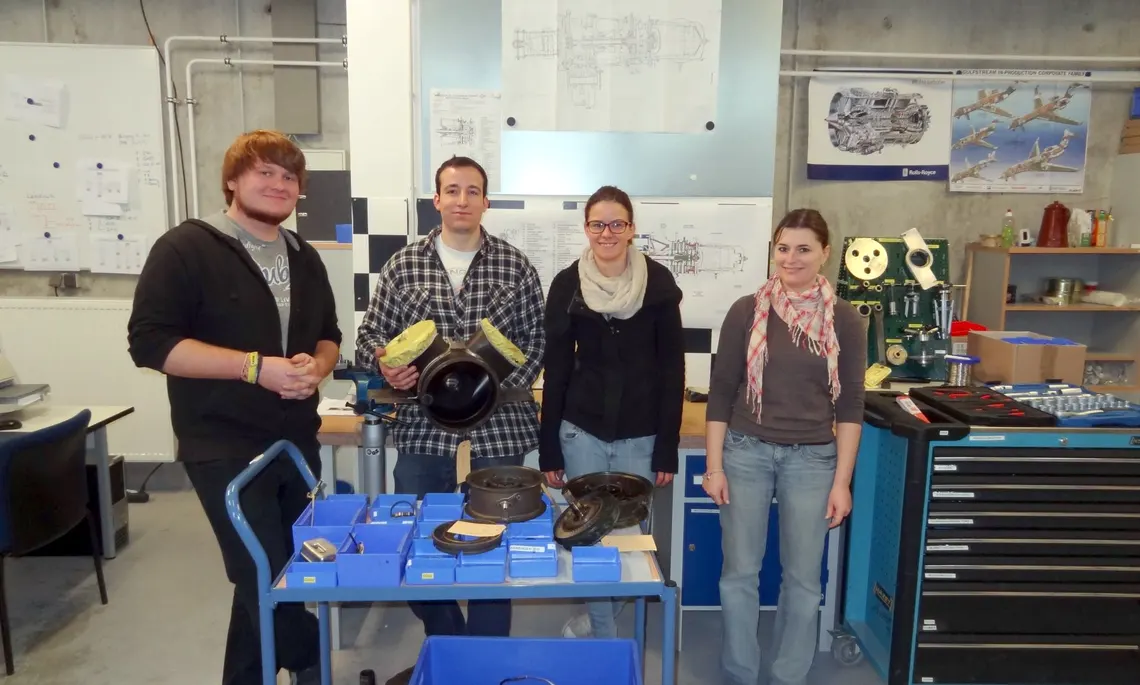
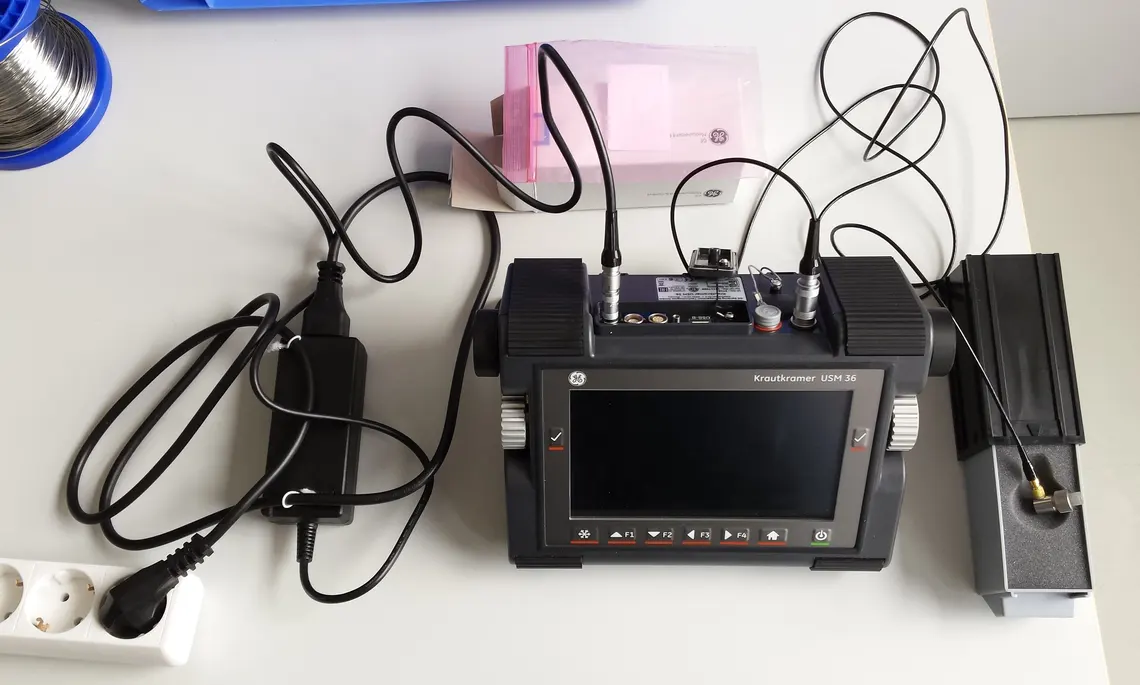
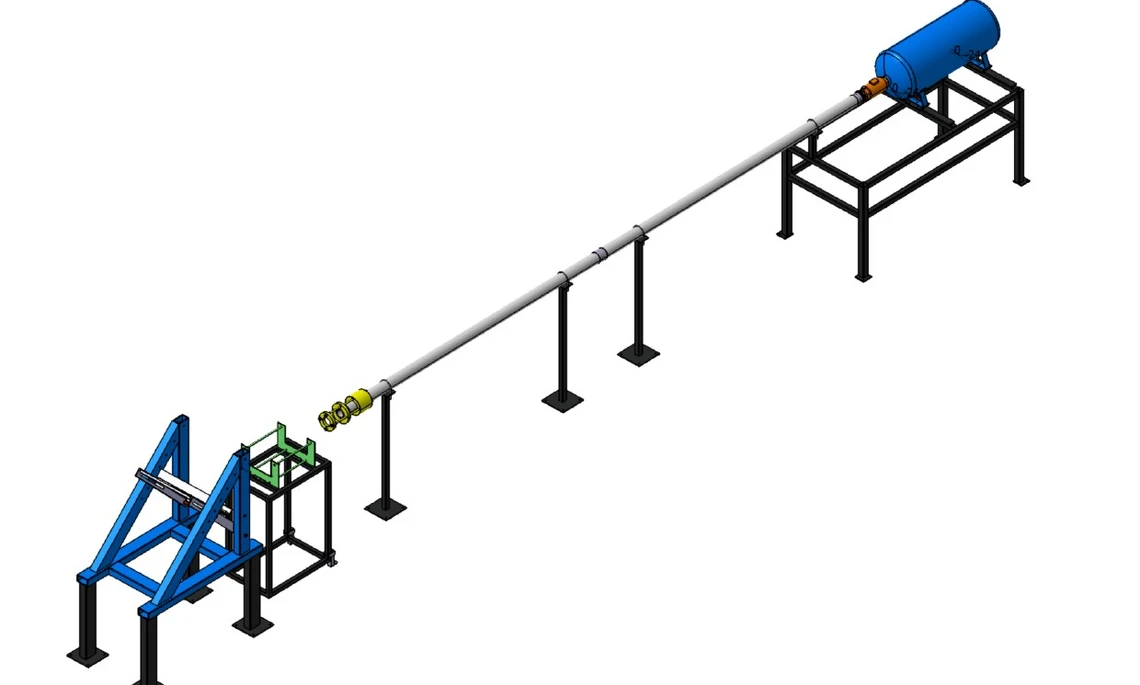
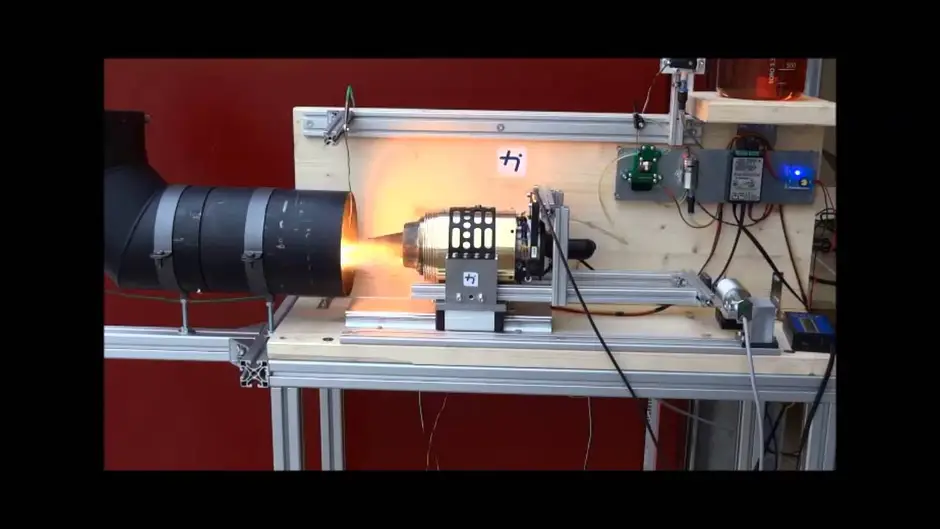
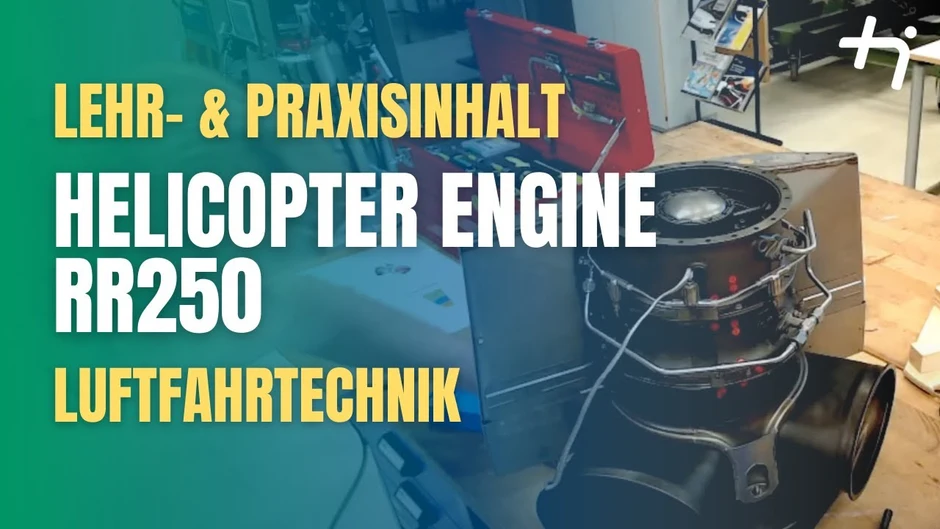



![[Translate to English:] Logo Akkreditierungsrat: Systemakkreditiert](/fileadmin/_processed_/2/8/csm_AR-Siegel_Systemakkreditierung_bc4ea3377d.webp)








![[Translate to English:] Logo IHK Ausbildungsbetrieb 2023](/fileadmin/_processed_/6/0/csm_IHK_Ausbildungsbetrieb_digital_2023_6850f47537.webp)


